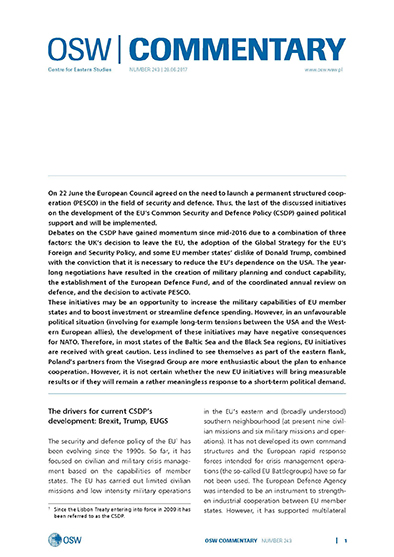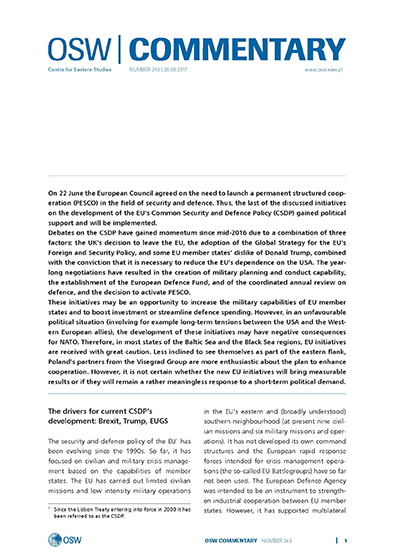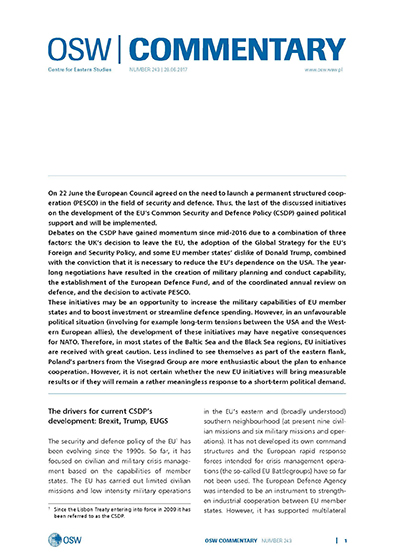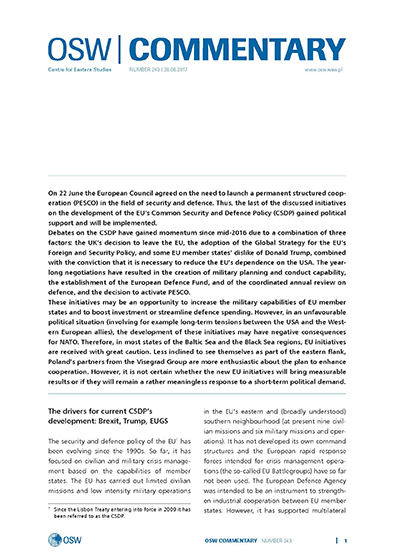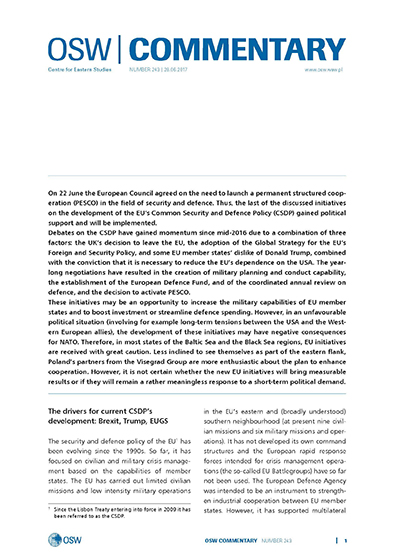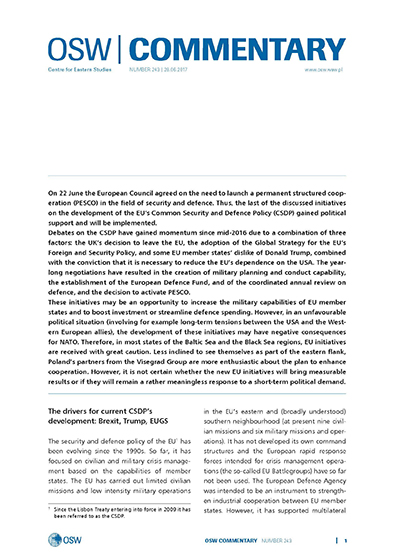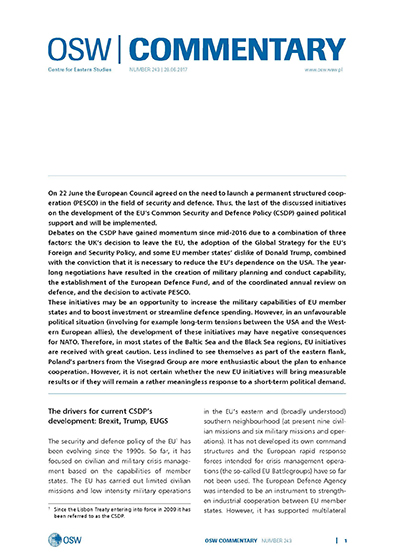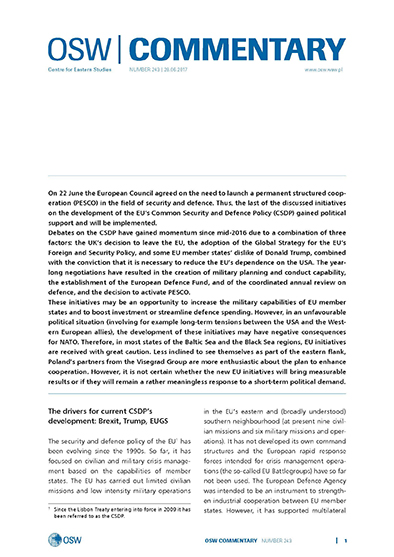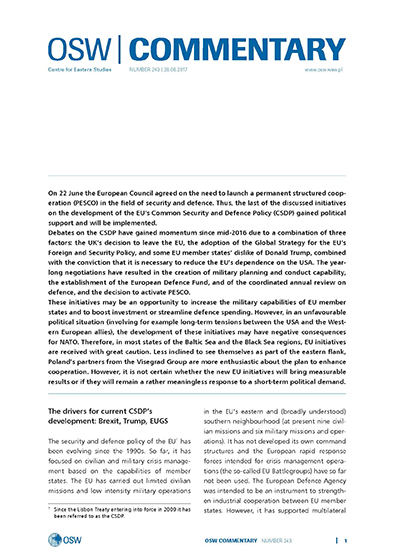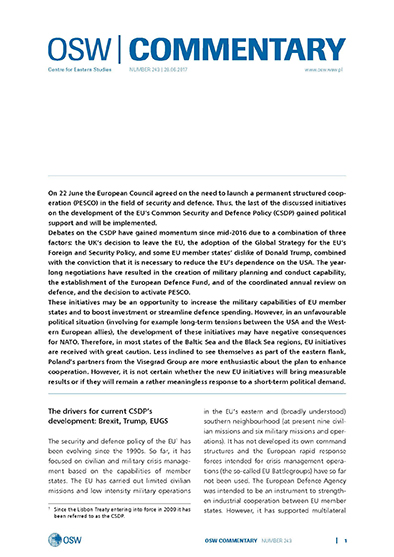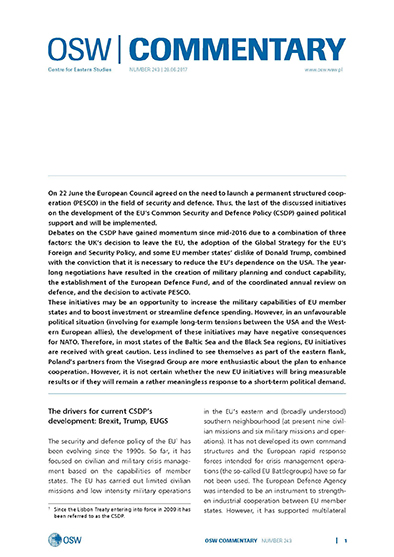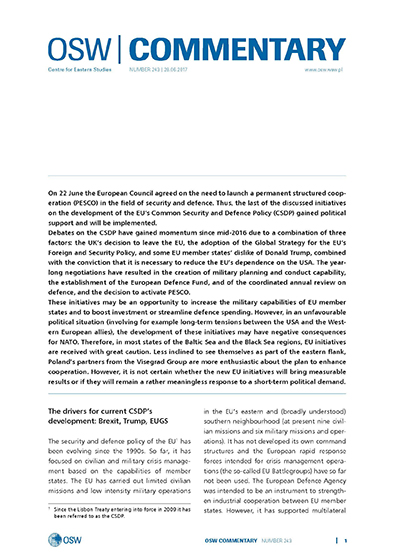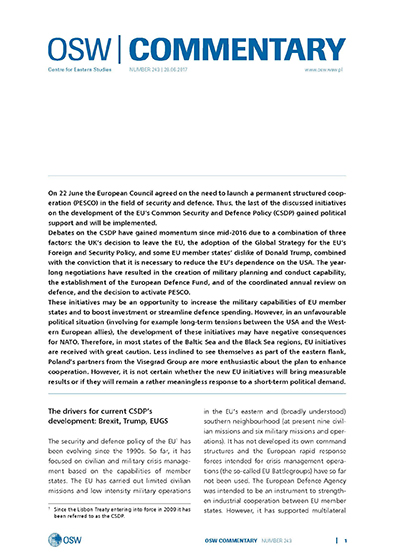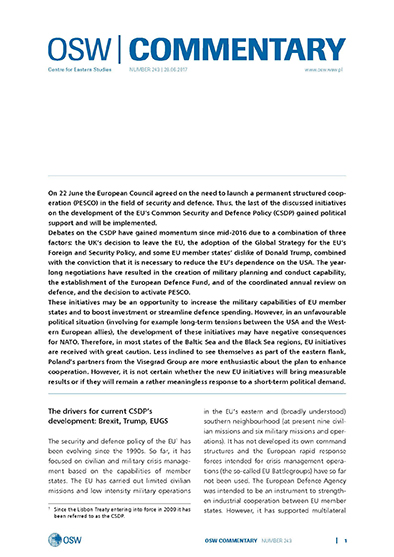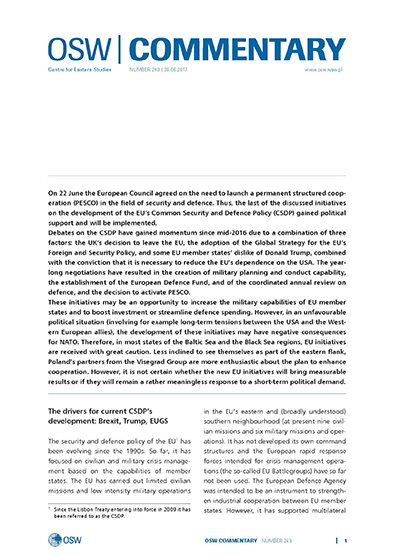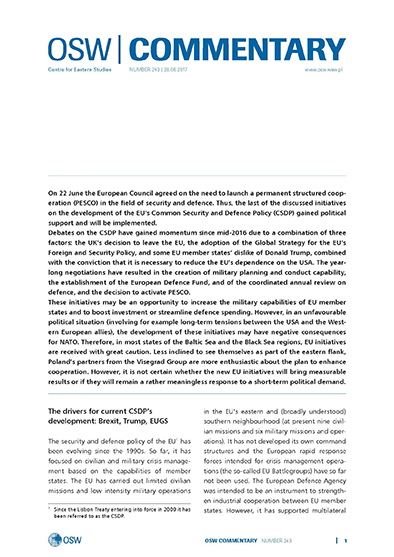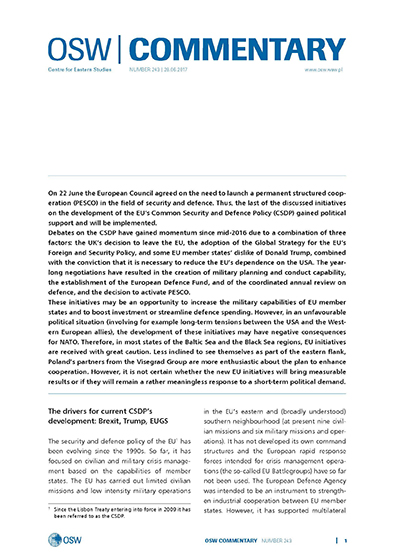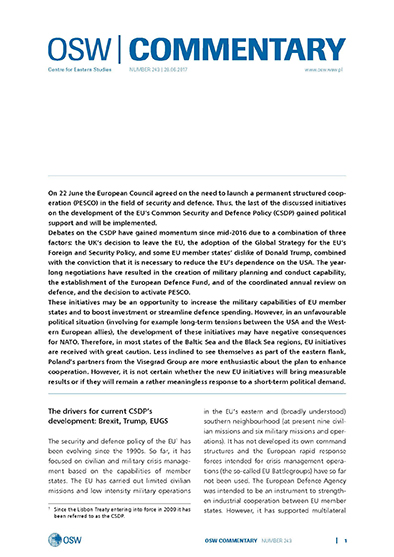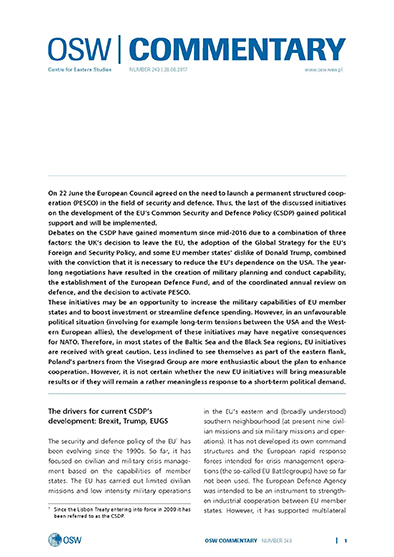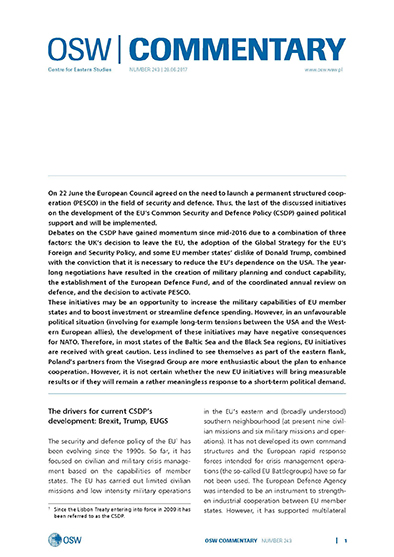
Is the crisis over? The economic situation in Belarus after two years of recession
Is the crisis over? The economic situation in Belarus after two years of recession
Keywords: crisis; Belarus; recesion
In 2017, Belarus’s GDP went up 2.4%, the first positive result since 2014. This meant an exit from a two-year recession, further proof of which includes an upward trend in industrial production, low inflation and a relatively high level of currency reserves. It appears that Belarus has returned to the path of economic growth, above all as an effect of the improvement of the situation on the global fuel markets, resulting in increasing income from the sale of petroleum products, one of its main exports. The fact that the Belarusian-Russian dispute over the terms of oil and gas supplies from Russia, which had continued for more than a year, was resolved in April 2017 has also had a positive effect. Another important factor was the improvement of the economic situation in Russia, which is the key market for a significant section of Belarusian exports. In turn, the Belarusian government’s policy has only contributed to improving the country’s economic situation to a marginal extent, although the record-low inflation level last year is doubtless a merit of the central bank. Apart from this, moves aimed at preserving the ineffective economic system have prevailed. Heavy industry, most of which is ineffective, is still supported mainly due to President Alyaksandr Lukashenka’s fear of the social destabilisation that might be provoked by massive dismissals of personnel from decommissioned plants. The government is continuing its policy of administratively regulating pay rises for the same reason. The reforms launched, for example introduce facilitations for doing business (including the unprecedentedly liberal decree regulating the operation of the IT sector which has been rapidly developing over the past few years); but they will not lead to a comprehensive reconstruction of the inefficient economic model, nor lay the foundations for stable economic growth.
More...
